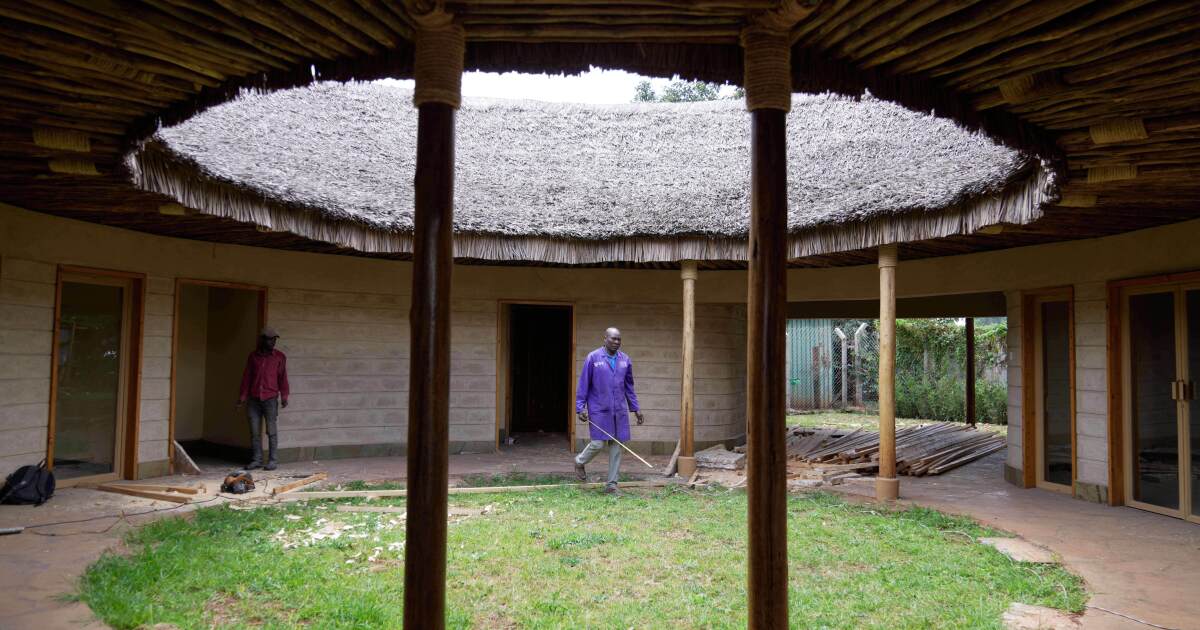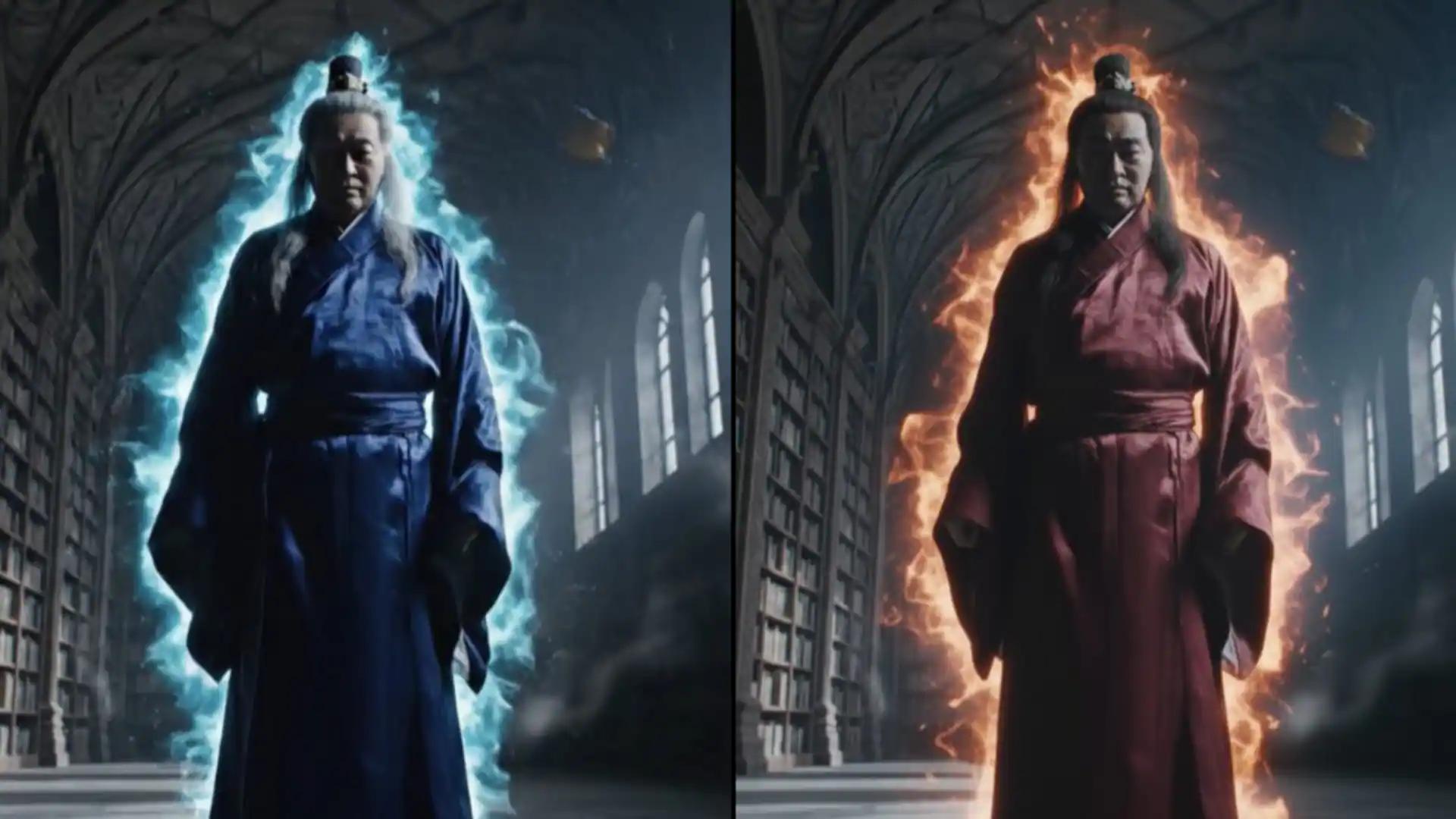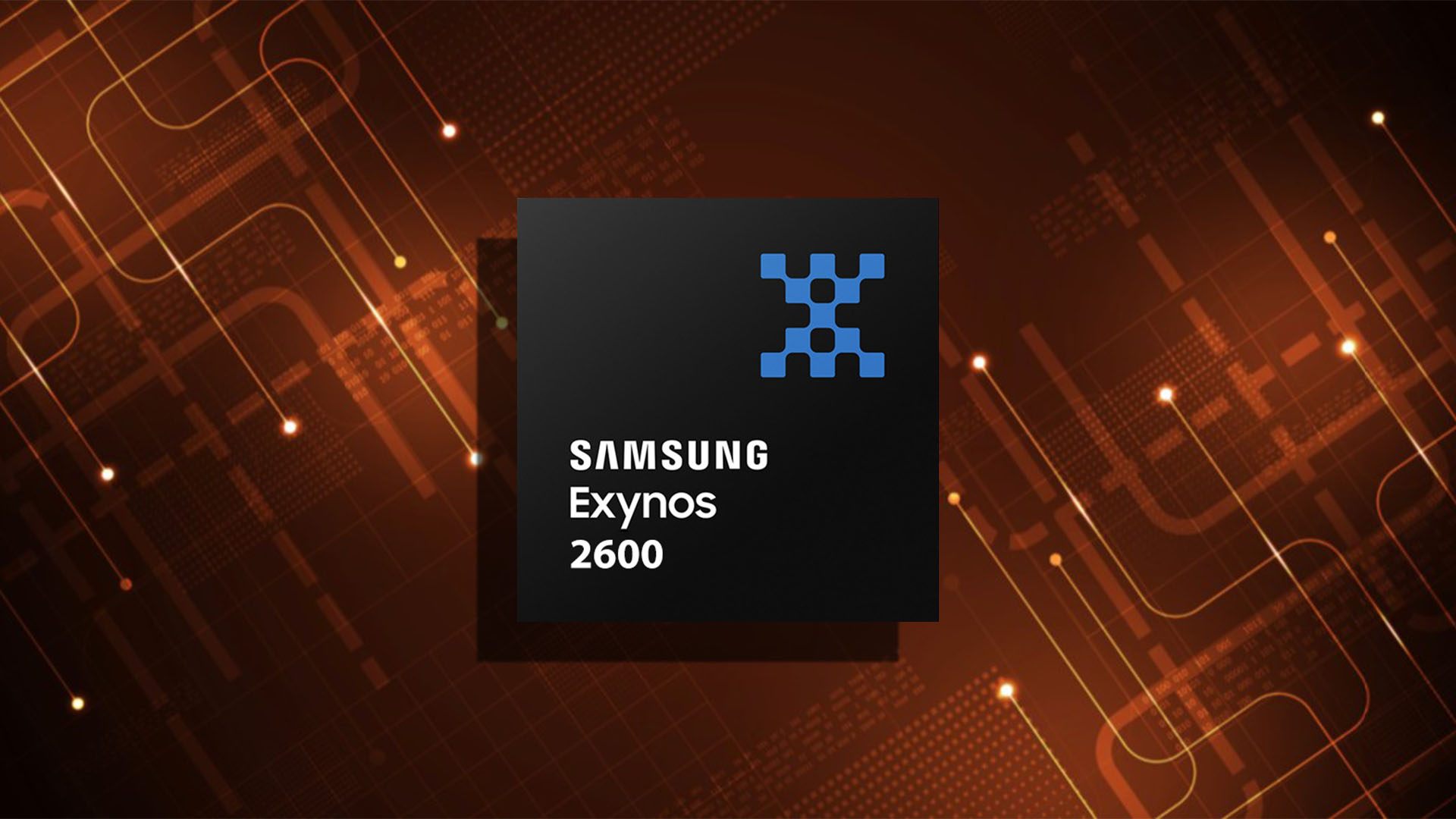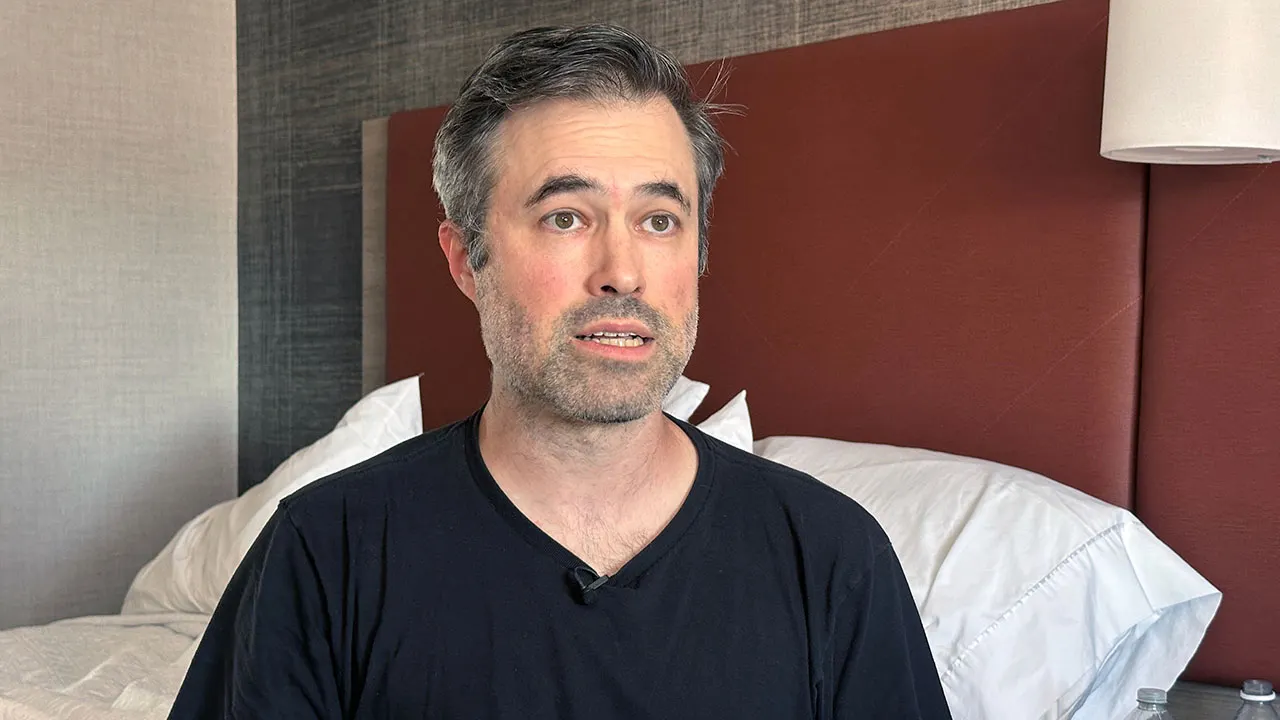Copyright The Hollywood Reporter
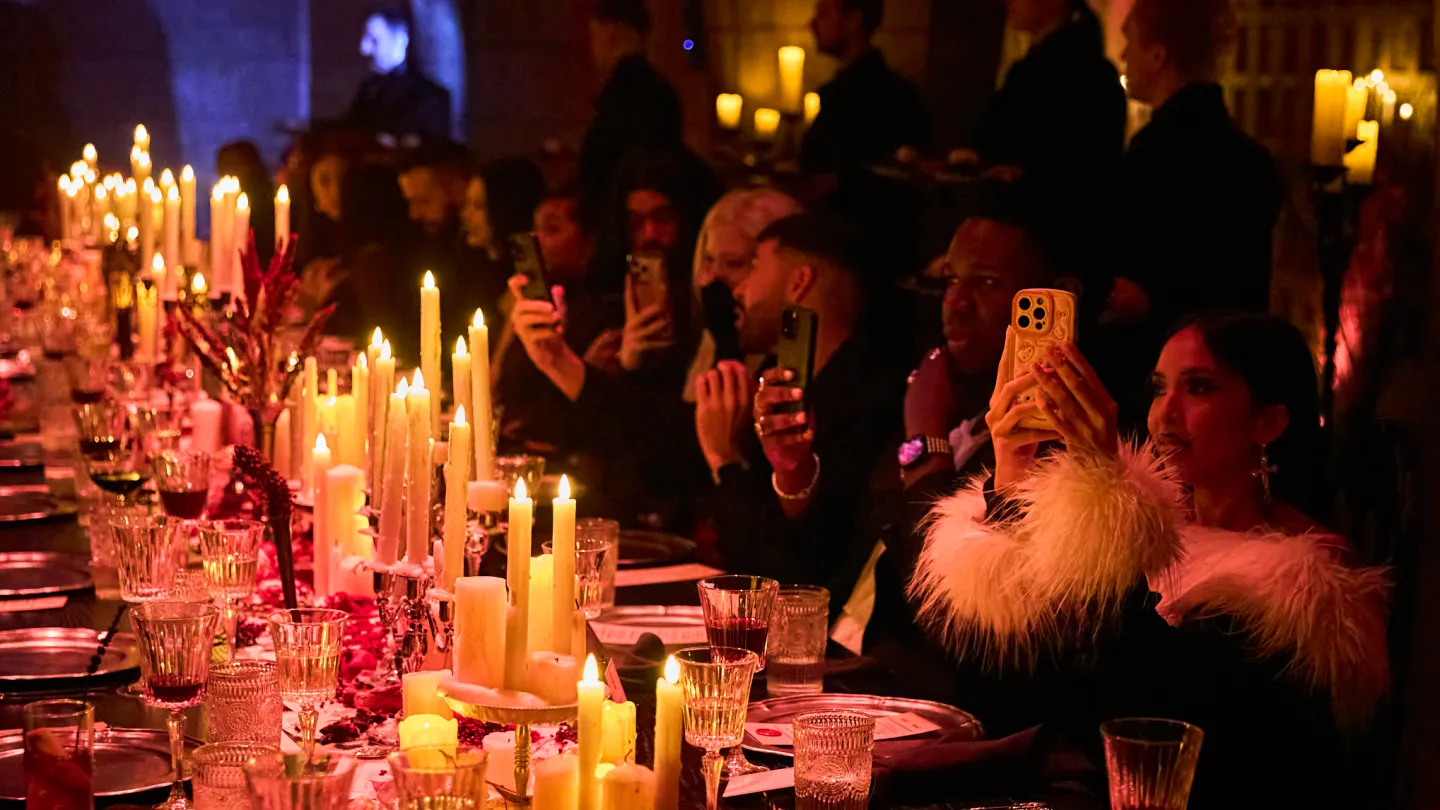
Over a mid-October Saturday, Focus Features, the awards season mainstay and home of filmmakers like Wes Anderson and Yorgos Lanthimos, launched its inaugural FocusFest, a film festival dedicated to their movies, past and upcoming. In one corner of an upper floor of the Commons on the Universal Lot a coffee counter has been erected that looks like the café where Carey Mulligan’s character works in Emerald Fennel’s Promising Young Woman, and baristas hand out espresso and drip coffees. On the other end of the room is a screen-printing station where bowling shirts a la The Big Lebowski are getting customized. “We’ve seen over the last few years that is paramount, frankly, to opening movies and connecting with moviegoers to create experiences,” says Jason Cassidy, the vice chairman of Focus Features. “We have people that are paying big money and coming in and taking time out of their lives so they can watch movies and have these experiences. It’s about super serving those customers.” FocusFest’s roughly 300 attendees paid $78 for a full day on the Universal Studios lot that includes four movies — Promising Young Woman and Lebowski, as well as early screenings of Emma Stone starrer Bugonia and horror film Obsession — in addition to photo opps and activations, themed drinks from two onsite bars, three catered meals, concessions and a smattering of custom merchandize. “In today’s fragmented media environment, the more that you can create a brand, the more that you can create something that people truly connect with then you will have those people coming to the movies,” says Cassidy, who previously served as Focus’ marketing chief. Selling the movies to audiences has always been a part of the job, but what about selling the studio? Experiential marketing, idiosyncratic merch and hyper-specific campaign strategies — and, yes, of course the movies — are being deployed by players in the indie film space looking to create brand loyalty among a budding demographic of moviegoers. “We’re seeing with young people — the Letterboxd generation — that they are really engaged in film,” said Universal chairperson Donna Langley, during a conversation at this year’s Toronto Film Festival. A decade ago, the specialty box office was thought to be the domain of older moviegoers. The demographic went to theaters with more frequency, with time, disposable income and desire to look beyond the biggest studio releases. (50-plus moviegoers made up thirty-one percent of the moviegoing population, according to a 2017 white paper from AARP.) “When I was coming up in the business, it was definitely more of our parents’ generation,” says Cassidy. “That business has gotten younger over the last five years.” Streaming services, from HBO Max to Criterion, have made older, arthouse and auteur-driven films more readily and affordably available to younger watchers, while social media, namely Letterboxd, where users showcase and share their cinephilia via reviews, has made moviegoing a status symbol. According to Letterboxd, its biggest age cohort is 18-24, followed by 25-35. And taking a casual tally of the Focus Fest’s attendees milling about the upper floor of the Common on the Universal Studios lot, the crowd certainly skews younger. Chunky New Balances and Sambas abound and one festivalgoer wears an A24 t-shirt collaboration with LA favorite apparel and culture brand Brain Dead. (There is also a service dog in a stroller named Gus who, I’m told, has been to several movies.) “They’re really becoming an identity marker, they represent taste,” says Patti Williams, a Professor of Marketing at the Wharton School, of film studios like Focus, as well as A24, Neon, IFC/Shudder and others in the specialty market. Williams notes that this type of branding has proven effective for entertainment companies in the indie and arthouse space. “They are a quick shorthand to a particular kind of entertainment opportunity in a way that some of the bigger legacy brands just aren’t because they’re broader,” she says. “A lot of those traditional brands don’t mean as much to young people.” For its part, Focus has upped its efforts to capture the attention of Gen Letterboxd. Some recent efforts have included a Pride & Prejudice-themed ball at Pasadena’s Langham hotel with guests in Regency-era costumes and a dinner of beef wellington and selling a $20,000 life-size sarcophagus from Robert Eggers’ Nosferatu. Cassidy says several people did, in fact, buy the sarcophagi. A24 has long been Hollywood’s gold standard of film studio branding, with merch that ranges from pedestrian — hats, sweatshirts, vinyl records and tote bags — to eccentric, like a disembodied ceramic hand from horror break-out Talk to Me. Perks for subscribers of the studio’s AAA24 membership program ($90, annually) include early access to merch, tickets to the opening weekend of every release, and access to events like a screening of Ari Aster’s latest film, Eddington, in the small New Mexico town where it was shot. Of a similar ilk is the Criterion Collection, the company licenses and releases classic and contemporary arthouse films. It has become synonymous with its “Closet Picks” video series, where actors, directors on their respective press tours pick their favorite titles from shelves upon shelves Blu-rays. Last year, Criterion launched a “mobile closet” (think: white UPS truck filled with DVDs) where cinephiles — self-proclaimed, budding, or otherwise — get three minutes to peruse the wares and film and photograph the moment as desired. Yes, the truck has a wall mount for phones and, yes, tote bags are available. Stops have included festivals like SXSW, TIFF and NYFF, as well as pop-ups around LA, Chicago and NY. Wait times routinely hit eight hours. “The ability for any studio to create a sense of FOMO is massive for young audiences,” says box office analyst Shawn Robbins, the director of analytics at Fandango. “For the young audience, if a lot of people’s friends are talking about it, they want to see it.” Back at Focus Fest, Liam Newman, a North Hollywood sound engineer and Letterboxd user, came to the event after binging Lanthimos’ oeuvre and is looking forward to the director’s latest. With a custom FocusFest tote bag slung over his shoulder, he assesses, “We’re just a bunch of film nerds.” As Cassidy sees it, “We’ve got young movie lovers who care about stuff that’s interesting and different, and amen to that. We’re here to stoke that interest.” To help market its fall slate, which includes awards hopefuls from Chloe Zhao, Hamnet, the studio will soon launch “F-Stop”, an airstream that will make the rounds filled with rotating movie props, apparel and Blu-rays of its directors’ films. After a welcome from Straw Hat Goofy, the movie TikToker with over 3.6 million followers acting as the day’s master of ceremonies, and video introduction from Ethan Coen, the day’s first film, The Big Lebowski, starts. A festivalgoer then turns to his friends and informs them, “I’m older than this film by two months.”
